15 foods all pregnant mums should avoid

A lot of mummies know what they should eat while pregnant. However, avoiding certain foods is just as essential as eating the right food. Keep yourself and your baby safe and healthy by removing certain items off the menu (at least for 9 months!)
And while doing so, continue to maintain a balanced diet so your baby develops properly.
Here are 15 of the worst food items you could eat while pregnant, and how they affect you and your baby.
15 WORST FOODS DURING PREGNANCY
1. FISH HIGH IN MERCURY
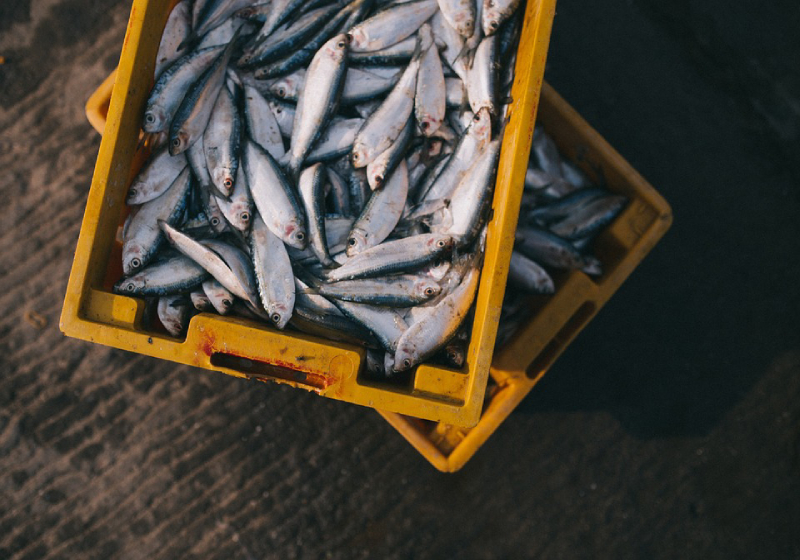
Avoid eating fish that's high in mercury content like swordfish, king mackerel, or shark. The element delays babies' overall development and can cause neurological defects.
The American Food and Drug Administration (FDA) advises limiting your weekly portion of low-mercury fish to 8-12 ounces, like salmon, tuna, and cod. But make sure they're fully cooked through!
2. RAW EGGS
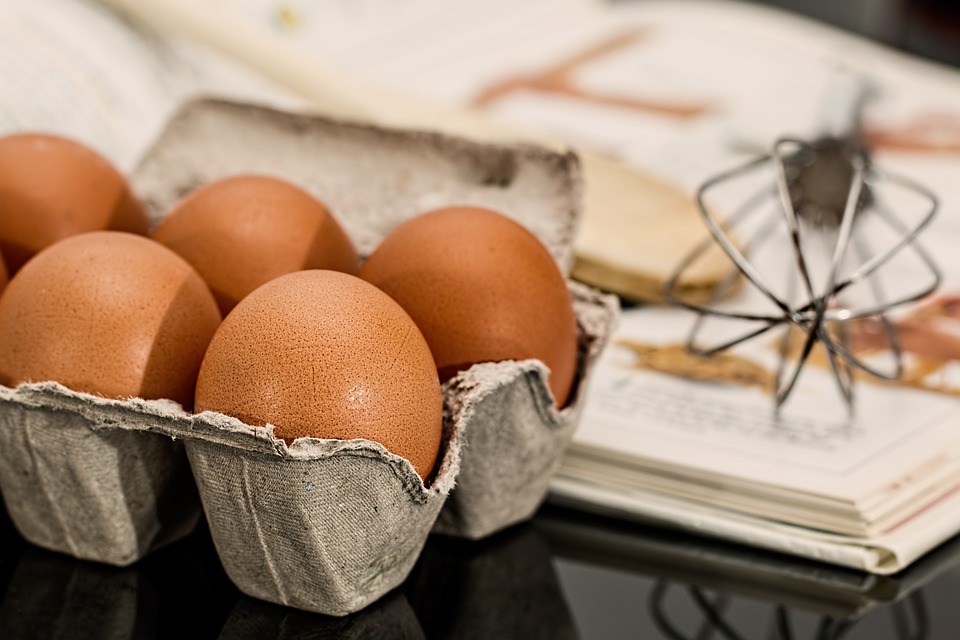
It might have been part of your morning workout routine as a quick protein hit. After all, it's like a multi-vitamin pill!
But raw eggs carry the risk of salmonella, which can cause serious health problems in your unborn child.
Avoid sauces and food products with uncooked eggs like chocolate mousse and salad dressings (think mayonnaise, Caesar salad).
Eggs are fine if you fully boil or fry them.
3. UNPASTEURISED CHEESE
If you love cheese, take note! Soft, unpasteurised cheese like camembert, gorgonzola, and blue cheese carry the bacterium Listeria.
This can cause listeriosis which results in an early miscarriage!
Pasteurised cheese is safe, but check the label before purchasing or eating it!
4. RAW MEAT
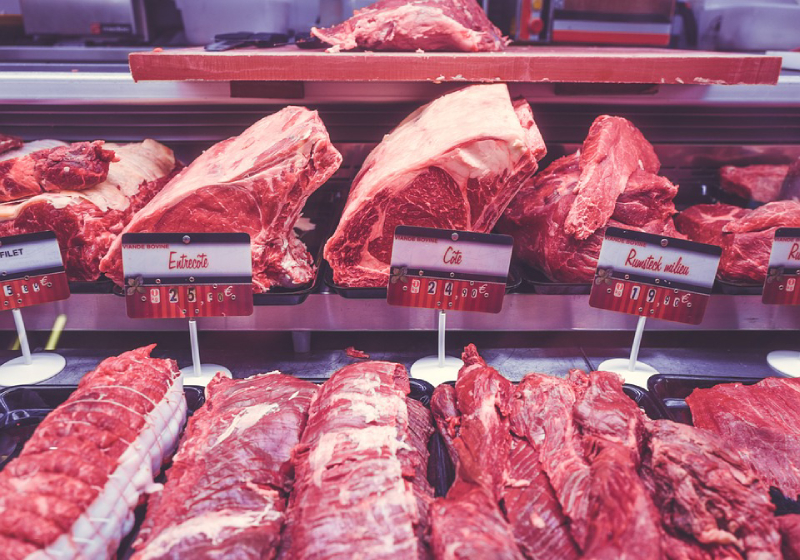
Of the worst foods during pregnancy you could eat, raw meat is universally known to be blacklisted.
A raw steak or undercooked chicken also carry listeria.
Make sure your meat is always thoroughly cooked. You can enjoy all the rare steak after the little one is out!
5. FRESH JUICE
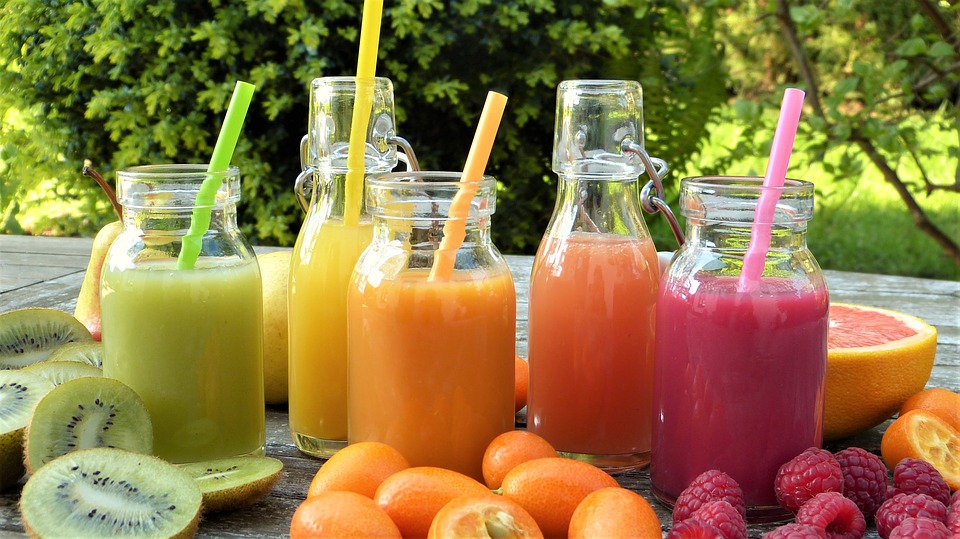
Try to avoid fresh-squeezed juice from restaurants. There is a chance that it's not pasteurised, meaning this seemingly-harmless drink carries the risk of salmonella and E.coli.
When buying fruit juice from supermarkets, check the label to see if it's pasteurised first.
6. RAW SPROUTS
Raw sprouts, like beansprouts, are staple ingredients in certain dishes like Pho. However, foods from this vegetable family, such as broccoli, cauliflower, radish, and even onions, are known to carry salmonella, listeria, and E.coli.
If you're cooking at home, make sure your sprouts are fully cooked. If you're ordering out, remove these from the dish if you're not sure, or order an alternate dish altogether.
7. DELI MEATS
It can be convenient to put in sandwiches or eat on-the-go.
However, these meats are known to contain listeria.
Cooking the meats at high temperature makes it safe to eat. If that ruins the flavour or enjoyment of deli meats, then consider not buying it for now!
8. CEREAL
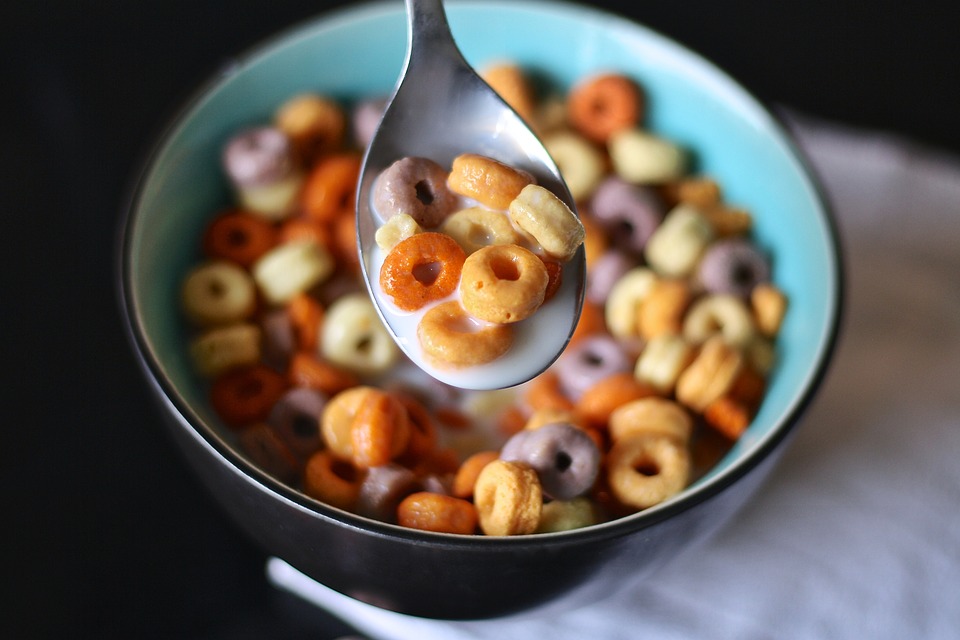
A bowl of cereal contains fibre and nutrients to promote healthy growth for your unborn baby.
But make sure to read the packaging before buying a box. Check for high sugar values that can contribute to gestational diabetes.
Even if the sugar values seem to be low, watch out for sneaky sugar substitute in the form of additives, especially saccharin. Saccharin can cause bladder malfunction in your baby.
9. FROZEN DINNERS
When you're short on time, throwing a frozen pre-made bought from the supermarket seems like the easiest option.
But for your health's sake, avoid eating these meals for the duration of your pregnancy. They are usually high in monosodium glutamate (MSG) to retain their flavour. MSG can lead to unpleasant headaches, nausea, and dizziness - not what you need while pregnant!
10. CAFFEINE

Consuming more than 200mg of caffeine daily has been linked with adverse side effects, like miscarriage.
This equates to 12 ounces of coffee. But note that other products may contain coffee! The general rule of thumb is to cut down, if not cut out coffee from your diet while pregnant.
11. HERBAL TEAS
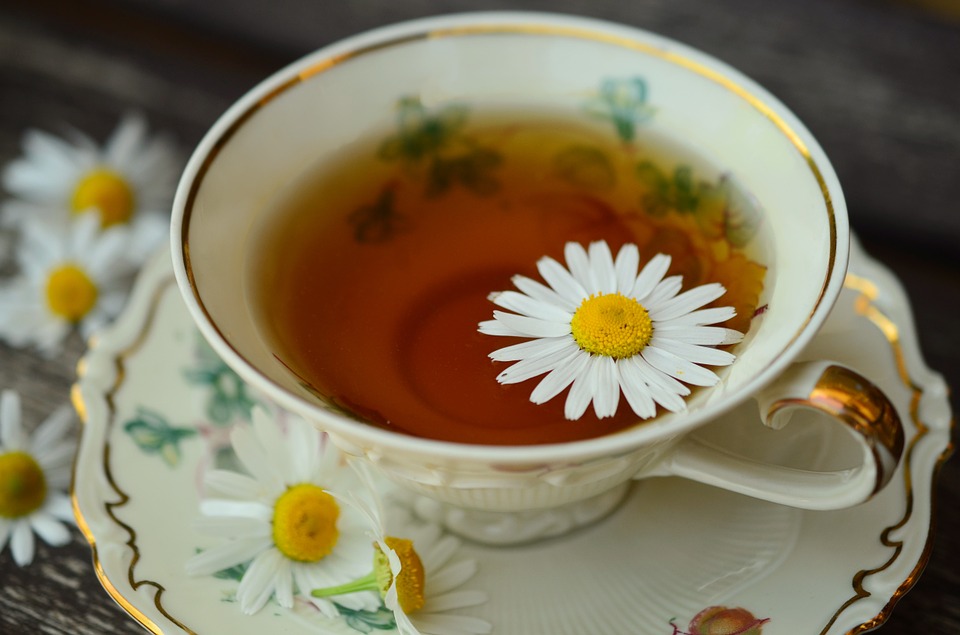
Herbal teas might seem like a good idea to indulge in while pregnant. But certain herbs can contribute towards preterm labour, or at worse, miscarriage.
Avoid drinking teas with herbs like Wormwood and Saw Palmetto. Despite the claimed ability to increase energy levels, these haven't been tested. Speak with your doctor if you feel more tired than usual and have concerns.
12. UNWASHED FRUITS AND VEGGIES
While some people purchase unwashed produce as a sign of their freshness, these items also carry Toxoplasma bacteria.
Toxoplasmic microbes dwell in the soil where these products grew. And it can give your baby and placenta an infection.
Make sure to thoroughly wash fruits and vegetables bought from the supermarket before eating it.
13. ALCOHOL
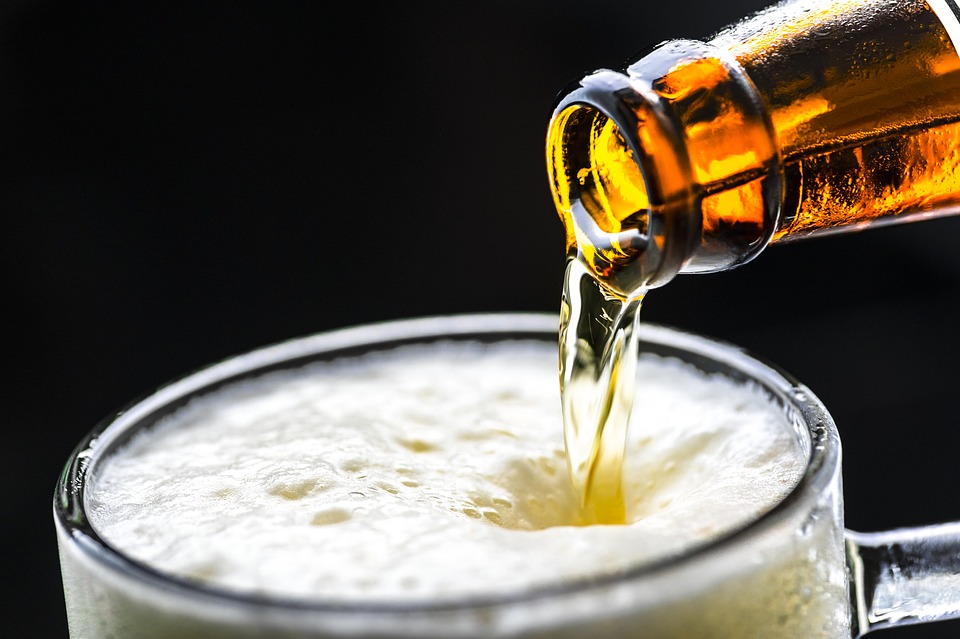
It's general wisdom not to drink alcohol while pregnant.
"But surely a small glass every so often can't hurt, right?"
Actually, a report from the Centres for Disease Control and Prevention (CDC) show that even one alcoholic beverage each day significantly increases the risk of infant retardation in unborn babies.
Don't be tempted, mum-to-be! Avoid alcohol at all costs.
14. PROCESSED FOOD
It's quite a broad category, but anything that's not homemade is likely to have a higher level of sugar content.
This even includes bread, biscuits, and candy.
It feels like you're enjoying a sweet treat, but it can quickly lead to gestational diabetes. Although many pregnant ladies develop high blood sugar levels, it can result in more serious comorbid medical emergencies further down the line, such as shoulder dystocia!
15. CANNED FOOD
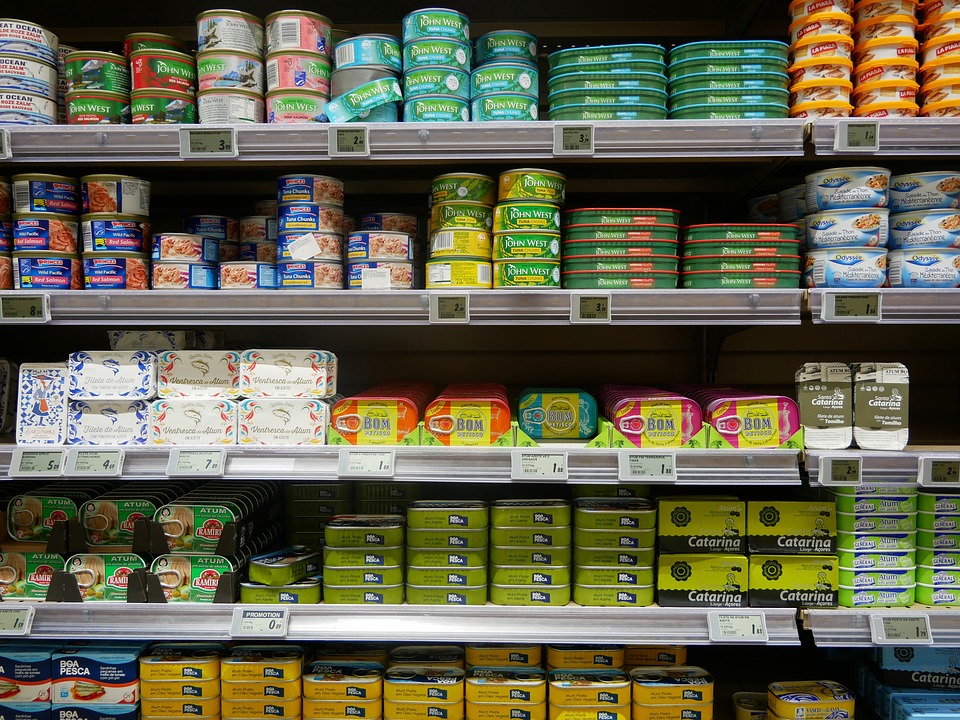
Popular canned foods like soup keep their flavour thanks to the high sodium content.
A high-salt diet will result in high blood pressure!
Eat these foods in moderation. It's better if you get a lot more whole produce in your diet!
You might know which foods you should eat while pregnant. But it's important to know which you should avoid as well!
Start planning your diet during pregnancy now!
This article was first published in theAsianparent.